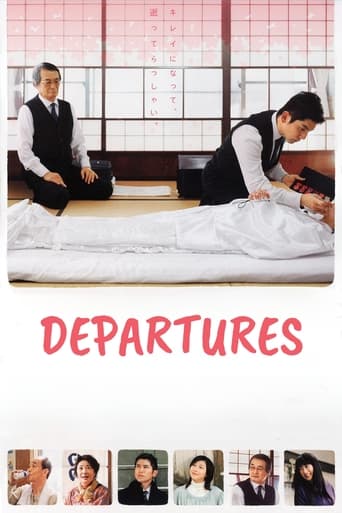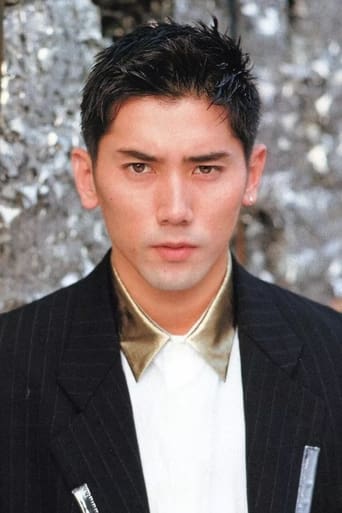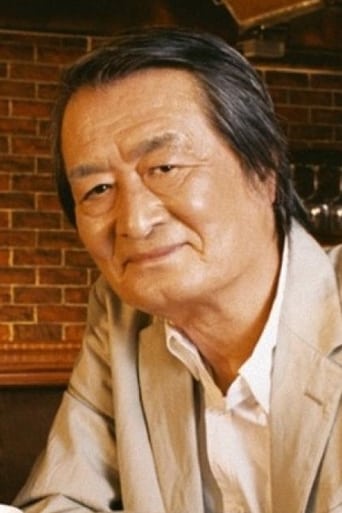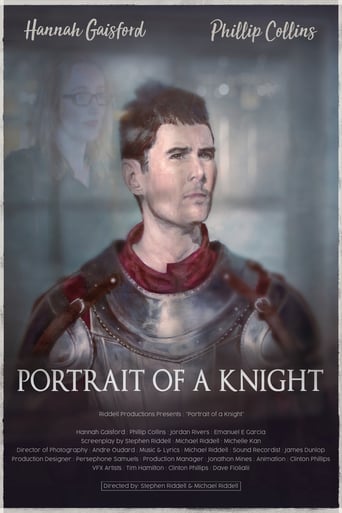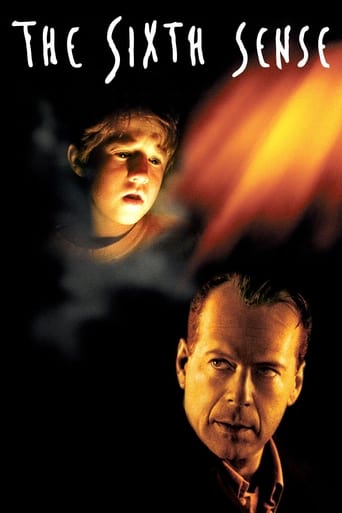Departures (2008)
Daigo, a cellist, is laid off from his orchestra and moves with his wife back to his small hometown where the living is cheaper. Thinking he’s applying for a job at a travel agency he finds he’s being interviewed for work with departures of a more permanent nature – as an undertaker’s assistant.
Watch Trailer
Free Trial Channels
Cast


Similar titles
Reviews
SERIOUSLY. This is what the crap Hollywood still puts out?
Great Film overall
Great movie! If you want to be entertained and have a few good laughs, see this movie. The music is also very good,
Although I seem to have had higher expectations than I thought, the movie is super entertaining.
Departures is an okay movie about a former orchestra cellist who has to move back home, to the countryside, with his wife. Diago, the husband and main character, finds a job as a traditional mortician. However dealing with the dead is considered a shameful job. Though being a mortician is shameful in a lot of cultures. I thought the way Diago prepares a body for a funeral was interesting; however, I would not want to do it myself. On another note, I did not care too much for the wife. I understand that she was trying to be supportive, but she did not seem like a real person to me. The only time she really got upset is when she found out that Diago was mortician. However, that might just be a cultural difference. From this movie the wife seems to take care of the husband and be a "dutiful wife", but in the US women are more outspoken.
"Departures" follows the life of Daido Kobayashi, a washed up cellist that attempts to find a new job and life back in his hometown. Little does Daido know, that when he discovers an ad for an opening at a departure agency that will change help him discover his real passion. Written by Kundo Koyama and directed by Yojiro Takita, "Departures" connects with the audience on a level that is very much opposite of its actions in the feature. The departure job that Daido ends up accepting is not for a travel agency like he and others thought, but instead, it is a funeral business that prepares the dead for their loved one's families and attempts to help the deceased, peacefully pass over into the next life. At the same time, we watch the arguments and solutions that occur between Daido and his wife Mika, as everyone encourages him to quit his job and peruse the passion of playing the cello in an orchestra. Overall, the movie "Departures" is a great example of what some Buddhist believe and how they treat the afterlife, as well as keeping a sense of entertainment through the journey of the protagonist searching for his true self instead of the self that is given to him by others or even the one that he thinks is the correct path. At its base, this movie shows the audience what it looks like to discover and pursue a person's authentic self that builds a level of identity that is real, true, genuine, inside of each one of us, and although it can change it is truly who you are at the core, and more importantly it is the one thing that separates everyone from each other because you are uniquely yours.
... and i have seen an uncountable number of them! Actually it had been a long time before such a piece of Art film came on my screen. Right then, out of the sudden, i heard the announcement on our national TV stations that they were going to play "departures", a film which was the Oscar winner for best non English speaking film of that year! The fact that it was Japanese and the synopsis of its script was nothing i was really enthusiastic about, and i would have probably missed it if i didn't read the reviews which were all very strongly recommending it. So, finally i found myself, that Sunday evening watching "departures", and a miracle happened! the -at the beginning macabre- script, became gradually more and more touching, then sad and finally heartbreaking, humanistic and tender so much, that it finally got me totally upside down out of emotion. Till that moment I had never come across anything like this! How could it be possible that something which could - at first sight- be considered "macabre" end up so heartbreaking? Only a real highly humanistic masterpiece could ever make it possible. And everything in this film is just a masterpiece of its own: Direction, photograph, script, acting and last but not least, its heavenly music which just frees your soul and lose your eyes to shed freely your tears! This music...Oh! there is something magic about it i tell you! That kind of music God allows from time to time to reach the earth as a present from heaven and probably as a reward for something good the humans may have done. In my case,Mr Hisaishi,the composer, through his divine music for this divine film, made me a Cello fan, and I do need to thank him for giving me this amazing feeling! If you haven't seen "Departures" yet, please try to do it soon as possible. It will fill your heart and your spirit with the finest kindness you have ever experienced coming out of a movie screen. It may make you feel emotionally shocked but it will also make you a better person for sure!
A man who is a cellist belonging to a musical group returns to his home town, because the group breaks up. One day he finds a job advertisement and he likes it. However this job is actually an undertaker, who treats a body and encoffins him. He is torn between cellist and undertaker.This film can change an image toward an undertaker. It shows their job as a beautiful and great thing. I feel kind of admirable to them.Treating a death means at the same time thinking about a life. Undertakers put on a lip stick on the lip casting their mind to the past of the body, that is, the time when he or she was alive. The film told me such a thing. Once dealing with bodies was a work for people under discrimination. They were called Eta Hinin, which means dirty and not human. However embalming is now essential work and we should consider them as great workers, I think.

